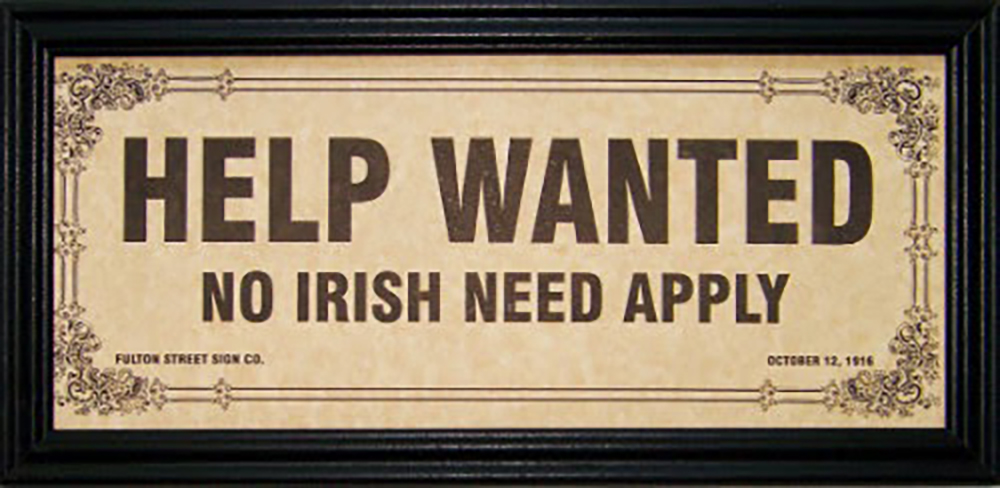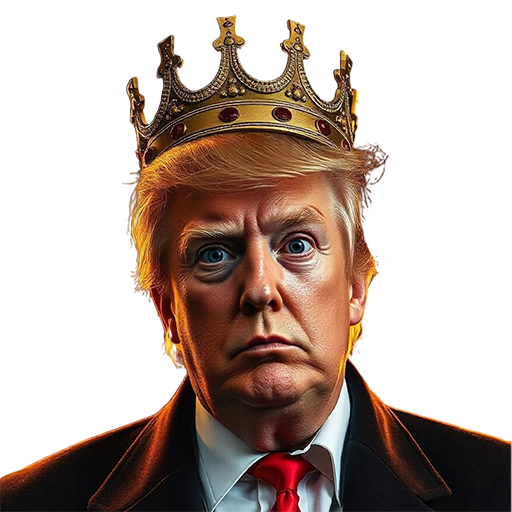An Ox in the Wrong Box
Mark Olbert
The Elon Musk (Ox), that is. And the wrong box he’s in? Read on.
There’s been a lot of anger, fear and angst expressed about Elon’s Department of Government Efficiency1. I agree with a lot of the criticism. But it’s not what I want to focus on today.
The bigger issue than “what havoc will Elon and his stooges cause?” is “do they know enough to recognize when public systems must tolerate inefficiency?”
Given that neither Elon nor his stooges have, so far as I can tell, ever served in a public sector capacity, I’m pretty sure the answer to that second question is “hell, no”. And that can have major consequences.
It’s uncommon for people whose work experience is solely in the private sector to understand just how different public sector systems are. Sure, both private and public sector systems deliver goods and services. Sure, they both employ people and technology to do that.
But beyond such simple similarities, they’re very different.
Why? Because they have different ultimate goals!
A private sector organization, ultimately, is focused on one and only one thing: making as much money as it can, within the boundaries set by laws and regulations. The singular nature of their goal gives them a tremendous advantage in deciding what to do in any given situation.
Since the essence of market capitalism is the efficient allocation of resources within a marketplace environment, they also benefit from the ability to determine the costs and benefits involved in a choice relatively easily. Because, whenever possible, the marketplace dispassionately signals them the value of the resources they use…and when such pricing is not possible (e.g., the cost of using public goods, like air or water), market capitalism simply assigns them a value — and incorrect value — of zero.
Private sector organizations also enjoy another important, but unappreciated, benefit: they get to choose2 who they take on as customers. Somebody wants one of our goods and services, but in a way that’s not attractive for us to provide? Sucks to be them! Plenty of other fish in the sea.
Public sector organizations are completely different in all these regards (and more).
Their goal is to provide goods and services that cannot be priced in the marketplace. How much is national security worth to you? Or plain old public safety in your community? Freedom to practice your beliefs the way you want to? Etc, etc, etc.
Making economic tradeoffs in such an environment is enormously more complex than what the private sector does. Which provides more community value, guns or butter?
When you can’t price things “objectively”, there’s no way to get people to accept which things are worth more than others. Instead, all you can do is continually argue over what should be done, and try doing different things, hoping you’ll find an outcome that doesn’t offend or harm too many people3
Can you imagine a justice system that only served the well-off? Actually, you don’t have to imagine it — if you’re an American, you live in it. In principle the system is wealth-blind…but in practice it most definitely is not.
Moreover, public goods and services must be available to everyone, more or less equally. Even if the cost of providing that good or service to someone is higher than we might otherwise want. Who would agree to be part of a community that chose to always give them the short end of the stick?
Actually, there are many historical examples of just such a situation. They’re almost always bad or evil. Think slavery, Jim Crow, segregated public schools, “no Irish need apply”, etc.
Without an awareness of these fundamental differences, the Department of Government Efficiency is bound to cause far more harm than good. Mostly by restricting the supply of public goods and services to those it is efficient or desirable to support.
I wonder who the wealthiest man on the planet will put in that category? Hmmm…
I wonder if the folks who came up with the acronym for that — DOGE — realize how it evokes memories of historical rulers who lorded it over the common folk? ↩
within the boundaries set by anti-discrimination laws & regulations ↩
This is why you’ll often hear me say a good public decision is almost always the least bad choice, not the best choice. Because there is no best choice! ↩





